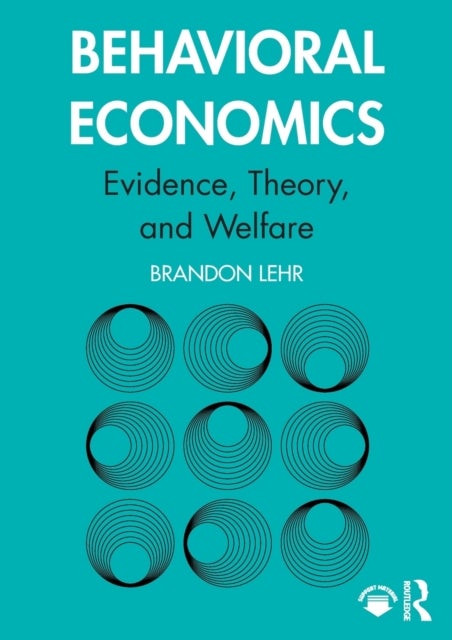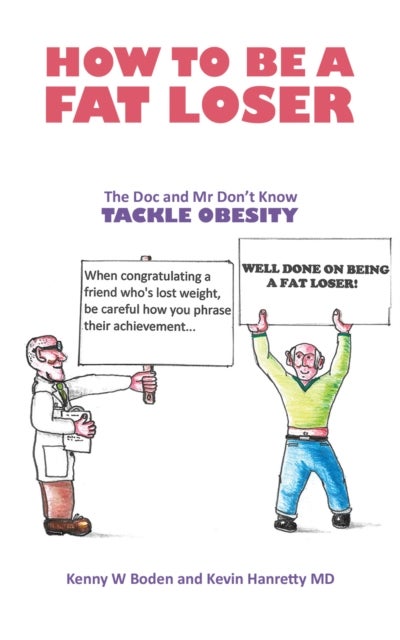
Behavioral Economics av Brandon Lehr
719,-
<P><EM>Behavioral Economics: Evidence, Theory, and Welfare</EM> provides an engaging and accessible introduction to the motivating questions, real-world evidence, theoretical models, and welfare implications of behavioral economics concepts. Applications and examples - from household decisions, finance, public finance, labor, business, health, development, politics, education, energy, and sports - illustrate the broad relevance of behavioral economics for consumers, firms, markets, and policy makers alike. </P><P>This textbook provides readers with both the intuition and analytical tools to apply behavioral economics concepts in understanding the complex social world. Each part of the book covers a key concept, beginning with a range of empirical evidence that is anomalous within the standard economics framework. In light of this evidence, a second chapter introduces and applies a nonstandard behavioral modeling approach. The last chapter of each part explores market rea








